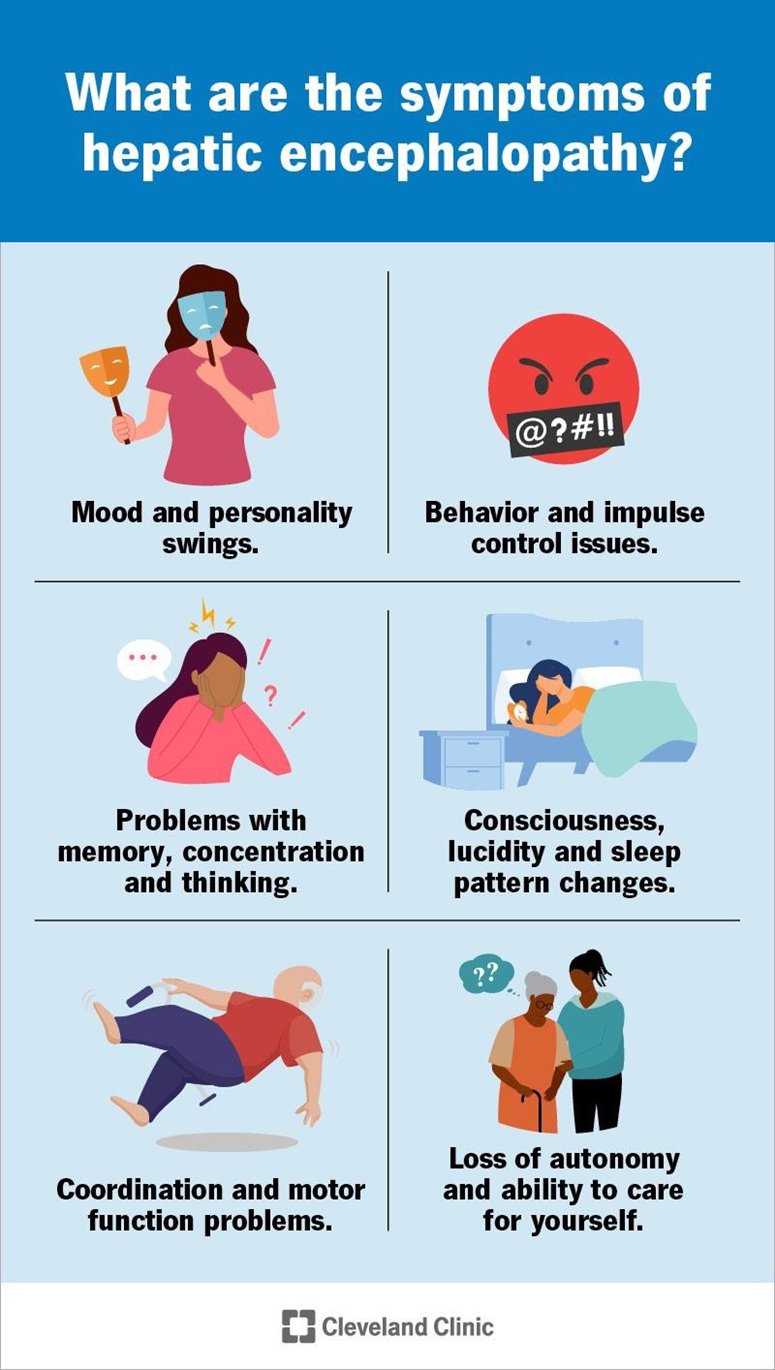A nurse is caring for a client who reports she is having difficulty losing weight. Which of the following responses by the nurse is appropriate?
"Set a goal and you will be able to attain it."
"Eat small portions of the high-calorie foods first."
"It is helpful to self-monitor your eating."
"Taste food while cooking to help curb your appetite."
The Correct Answer is C
A. While setting goals can be beneficial, simply stating this without providing practical advice or support may not address the client's specific needs.
B. Eating small portions of high-calorie foods first may not be an effective weight loss strategy, as it does not address overall caloric intake or food choices.
C. Self-monitoring eating behaviors, such as keeping a food diary or tracking portion sizes, can help individuals become more aware of their eating habits and identify areas for improvement when trying to lose weight.
D. Tasting food while cooking may not necessarily curb appetite and could potentially lead to increased calorie consumption if the individual ends up eating more during meal preparation.
Nursing Test Bank
Naxlex Comprehensive Predictor Exams
Related Questions
Correct Answer is D
Explanation
A. Lactulose is a laxative that works by reducing the absorption of ammonia in the colon, leading to increased bowel movements. Therefore, there should be an increase rather than a decrease in the number of bowel movements with this medication.
B. Lactulose is typically administered orally or rectally, not intravenously.
C. Lactulose does not treat infection; it helps reduce ammonia levels in hepatic encephalopathy by promoting bowel movements to expel ammonia.
D. Monitoring the serum ammonia level is essential in assessing the effectiveness of lactulose therapy. Reduction in serum ammonia levels indicates that the medication is working to reduce ammonia absorption in the colon.

Correct Answer is C
Explanation
A: Cooking in a stainless steel skillet does not increase the amount of iron in food. Iron skillets are known to increase iron content in food, not stainless steel.
B: Drinking iced tea with meals can actually decrease iron absorption. Tea contains tannins, which bind to iron and can inhibit its absorption.
C: Fish and poultry are indeed primary sources of heme iron, which is more easily absorbed by the body than non-heme iron found in plant sources.
D: Drinking orange juice with iron supplements can increase absorption. The vitamin C in orange juice enhances the absorption of iron.
Whether you are a student looking to ace your exams or a practicing nurse seeking to enhance your expertise , our nursing education contents will empower you with the confidence and competence to make a difference in the lives of patients and become a respected leader in the healthcare field.
Visit Naxlex, invest in your future and unlock endless possibilities with our unparalleled nursing education contents today
Report Wrong Answer on the Current Question
Do you disagree with the answer? If yes, what is your expected answer? Explain.
Kindly be descriptive with the issue you are facing.
